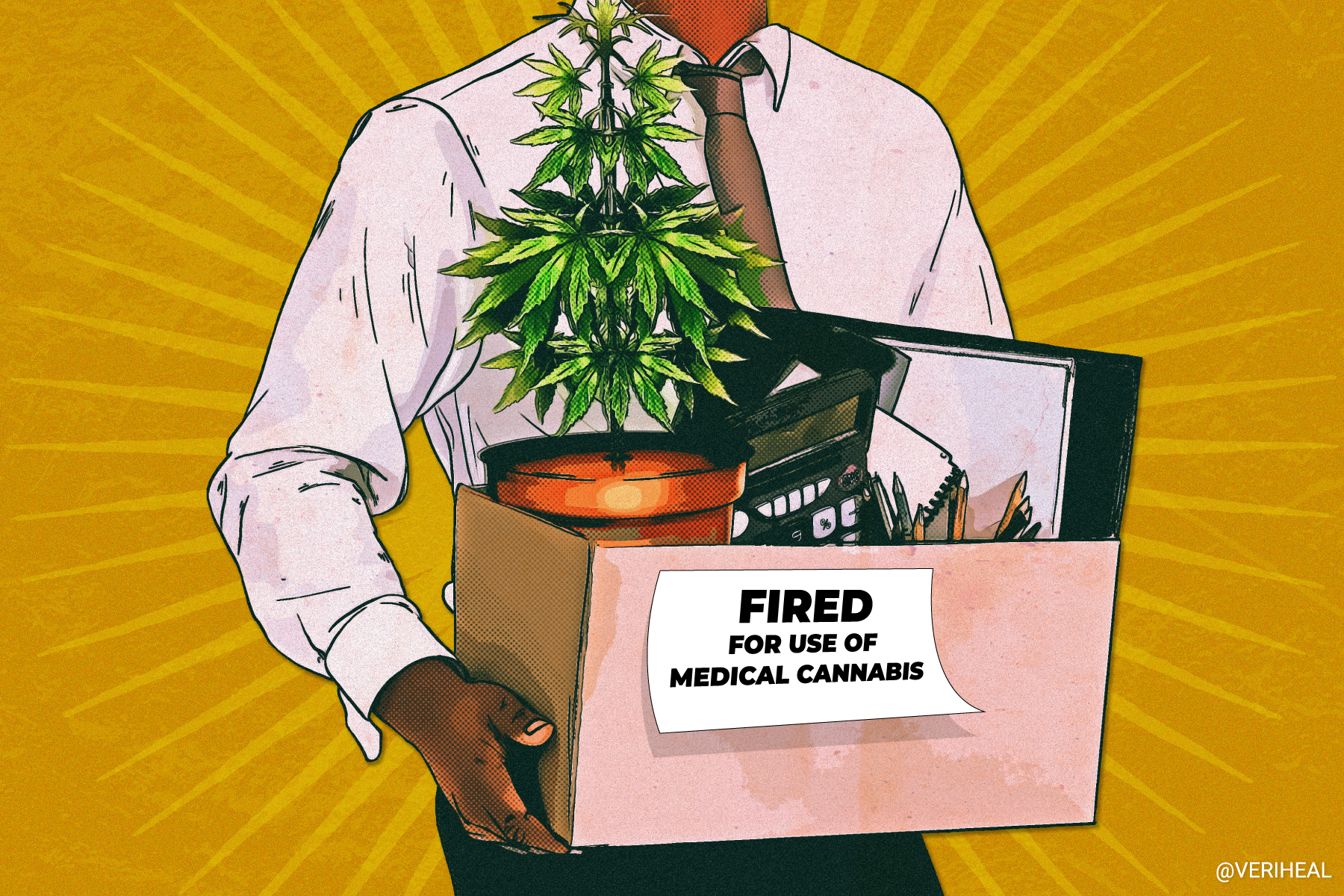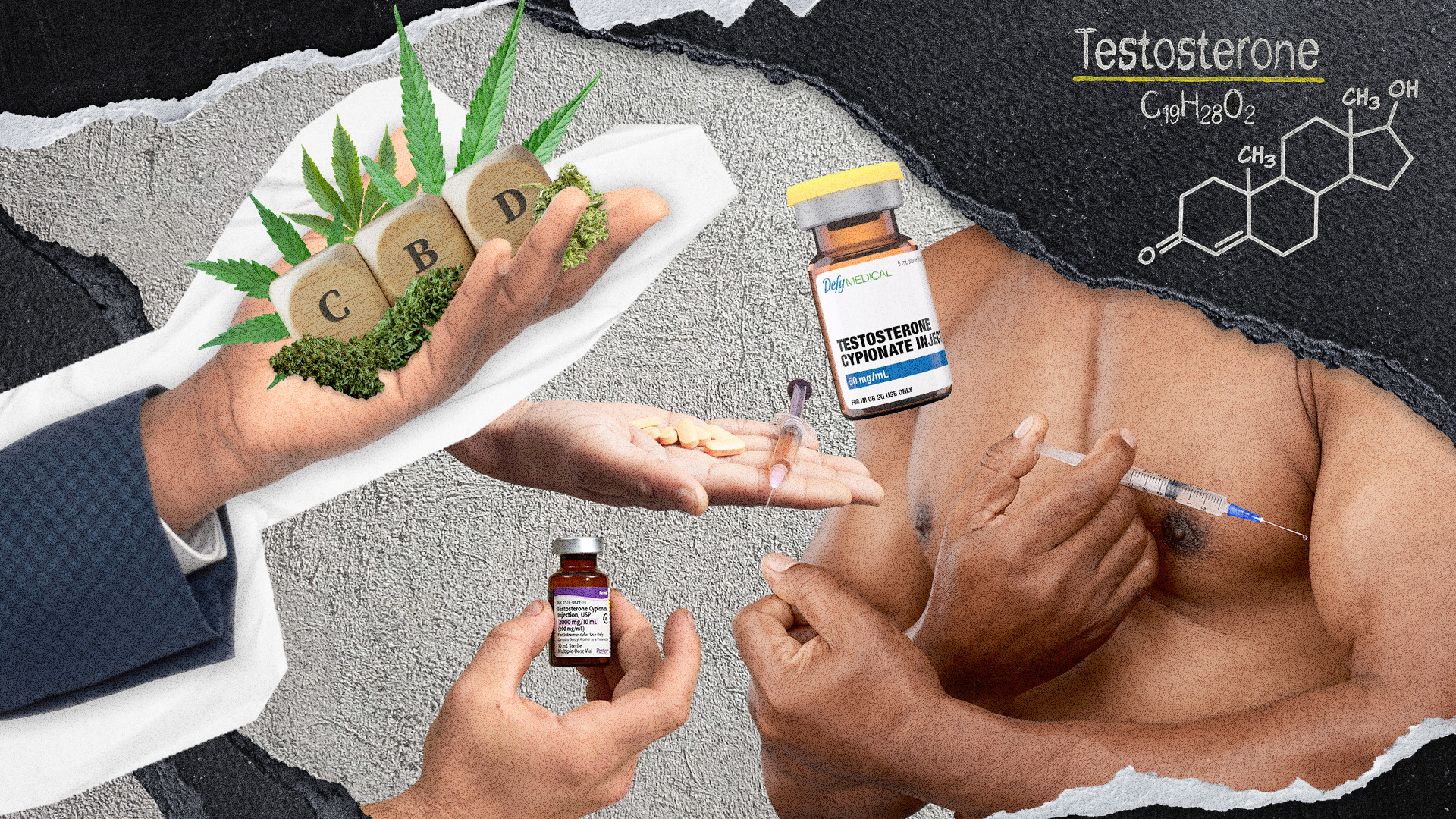One of the original authors of the Compassionate Use of Medical Cannabis Pilot Program Act in 2013 (MCPP)—a law that led to the legalization of pharmaceutical-grade cannabis across the state of Illinois—says that growing demand and acceptance of the federally illegal plant has not reduced the risk of job loss.
Rep. Bob Morgan (D-IL) says that cannabis consumers, whether they are registered medical cannabis patients or people who simply enjoy using recreational cannabis for leisure purposes, are in a sticky situation. Illinoisans have been free to purchase and use cannabis for adult-use purposes since January 2020. So successful was the first year of recreational sales that this segment of the industry accumulated $366 million.
However, adult-use legalization has not stunted the growth of a medical cannabis market in Illinois, which became the 20th state to authorize such a program. As a market that proves useful for patients who endure chronic conditions (but don’t want to use opioids), it’s understandable that it’s thriving.
Workplace Cannabis Laws in Illinois
Illinois law stipulates that it is illegal for employers to discriminate against an employee if he/she uses cannabis outside of the workplace. On the other hand, the Cannabis Regulation and Tax Act provides employers with plenty of power in terms of imposing drug-free workplace policies.
Although many cannabis companies are fairly laid-back in regards to their employee-focused medical cannabis rules, the bulk seem to operate on a zero-tolerance policy for anyone who fails a cannabis drug test—even if the person has a valid and state-authorized medical cannabis patient card.
The latest statewide data specifies that the number of medical cannabis patients who have registered for a medical cannabis card in Illinois has risen 30% within the space of the last year. “How do we protect employees who are using this legal substance when it stays in their system for up to 30 days?” Morgan asked rhetorically. “So, this is not a new topic, but certainly is much bigger now that we have a larger pool of individuals in Illinois who are legally using the substance.”
In an effort to transform the employment landscape for cannabis consumers in Illinois, Morgan has boldly presented lawmakers with a chunk of legislation designed to overturn the existing cannabis law. Since the rules are “impacting a lot of people,” as Morgan says, it’s important that things change.
Why You Should Get Your Medical Marijuana Card
Veriheal has satisfied millions of patients nationwide by giving them access to these benefits
- Larger purchase limits
- Peace of mind
- Enhanced legal protection
- Access to higher potency strains
- Save up to 25% on cannabis purchases
- Skip the line at the dispensary
Protesting Illinois’ Cannabis Law
Known as House Bill 4116, Morgan’s recommended legislation proposes that an employer cannot refuse to hire someone or punish an existing employee for returning a positive drug test for the psychoactive compound THC, so long as it is not negatively impacting the individual’s performance. The law would apply regardless of whether the employee consumes cannabis for medical or recreational purposes.
“This law would change the burden in the sense that the individual who fails a drug test alone should not lose their job, and should not be refused an opportunity to work someplace,” Morgan explained. “Unless you show impairment, you can’t be discriminated against in the workplace.”
Morgan’s submitted legislation would cap the permitted level of cannabis at 5 nanograms per milliliter of blood, or 10 nanograms per milliliter of saliva, urine, or other bodily fluids. Furthermore, the law would only apply to businesses that do not maintain any federal contracts, because cannabis is still an illegal substance at the federal level. Exceptions would be made for medical industry employees, who would still be required to undergo THC drug testing.
Since employment protections generally don’t cover workers who specialize in health care, transportation, and manufacturing, Morgan’s law could provide job security for hundreds of thousands (if not millions) of Illinoisans.
Over $1 Billion in Adult-Use Cannabis Revenue
Revenue of adult-use cannabis in Illinois has already surpassed $1 billion in 2021, representing a significant milestone since the market’s initial launch in January 2020. On Tuesday, Nov. 2, the Illinois Department of Financial and Professional Regulation (IDFPR) revealed that recreational cannabis purchases totaled $123,375,372 in October, bringing this year’s total to $1.12 billion.
During the month of October, consumers purchased 2,757,354 adult-use cannabis products, with Illinois residents forking out $81,212,423 for legally sold goods. Conversely, out-of-state visitors spent $42,162,949 on adult-use cannabis products.
October marked the eighth consecutive month that recreational cannabis sales in Illinois exceeded $100 million. It should be noted that these figures are non-inclusive of medical cannabis sales since the medical market is monitored by a separate agency.
Author, Share & Comments















